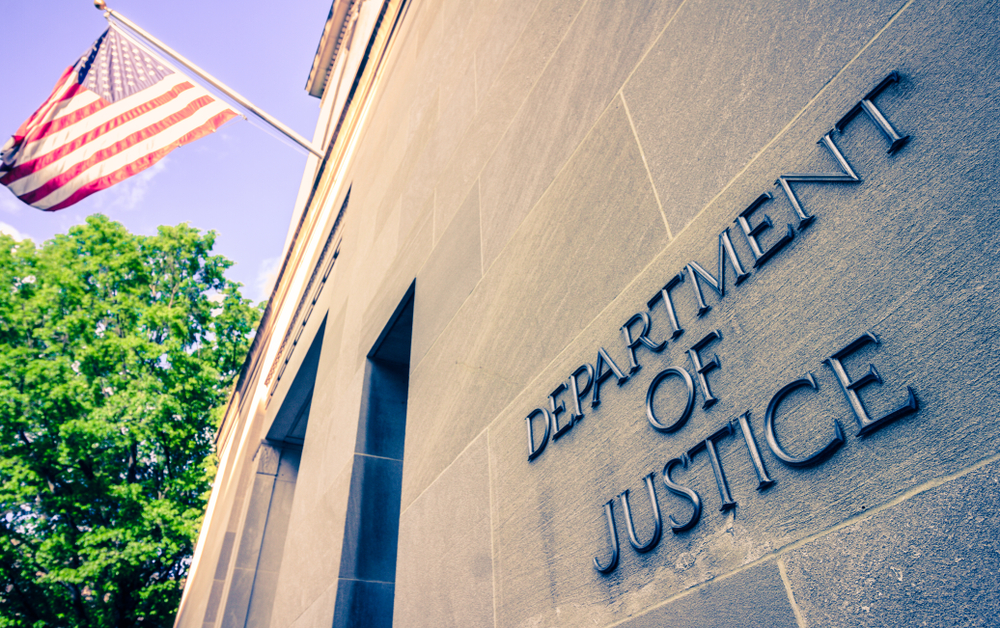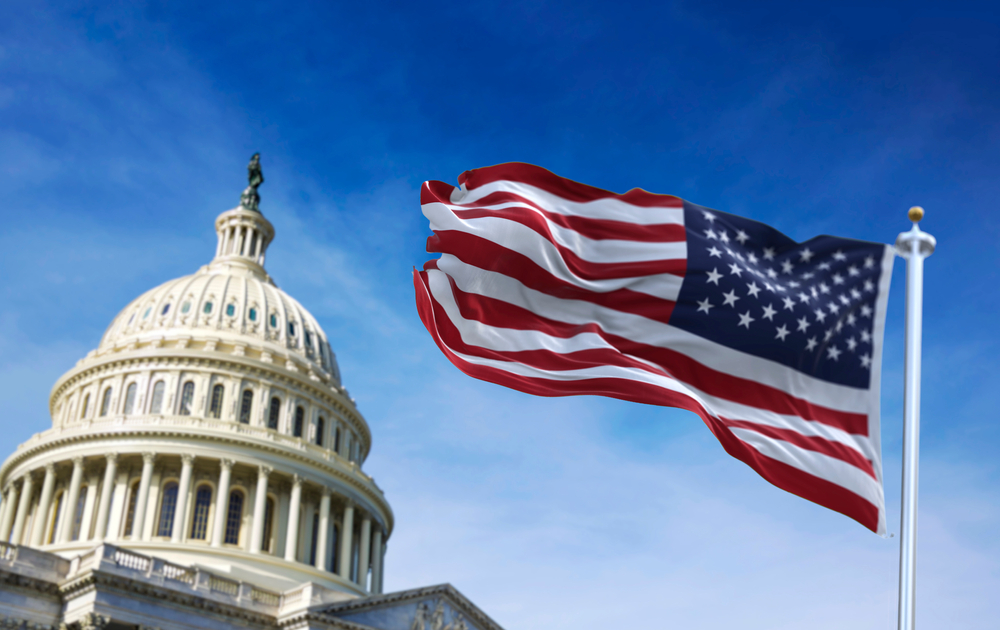Frequently researched cases on Oyez.org
Marbury v. Madison, 1803
The debate was between William Marbury, who had been appointed justice of the peace by John Adams, but denied the post by James Madison, who was Thomas Jefferson’s secretary of state. The Court ruled that Congress did not have power to modify the Constitution through regular legislation because the Supremacy Clause places the Constitution before the laws. In so holding, the Court established the principle of judicial review, i.e., the power to declare a law unconstitutional.
McCulloch v. Maryland, 1819
The Court ruled that Congress had the power to incorporate a bank and that Maryland could not tax instruments of the national government.
Gibbons v. Ogden, 1824
The court ruled that a New York monopoly of navigation rights was invalid because it conflicted with federal law.
Roe v. Wade, 1973
Jane Roe, a fictional name used to protect the plaintiff’s identity, sued against Henry Wade, the district attorney of Dallas County, TX, challenging a Texas law making abortion illegal except by a doctor’s orders to save a woman’s life. The Court ruled in a 7-2 opinion that the Due Process Clause of the Fourteenth Amendment is a fundamental “right to privacy” that protects a pregnant women’s choice whether to have an abortion.
Obergefell v. Hodges, 2015
Groups of same-sex couples sued relevant state agencies in Ohio, Michigan and Tennessee to challenge the constitutionality of those states’ bans on same-sex marriage. The Court held that the Due Process Clause of the Fourteenth Amendment guarantees the right to marry as one of the fundamental liberties it protects.

















